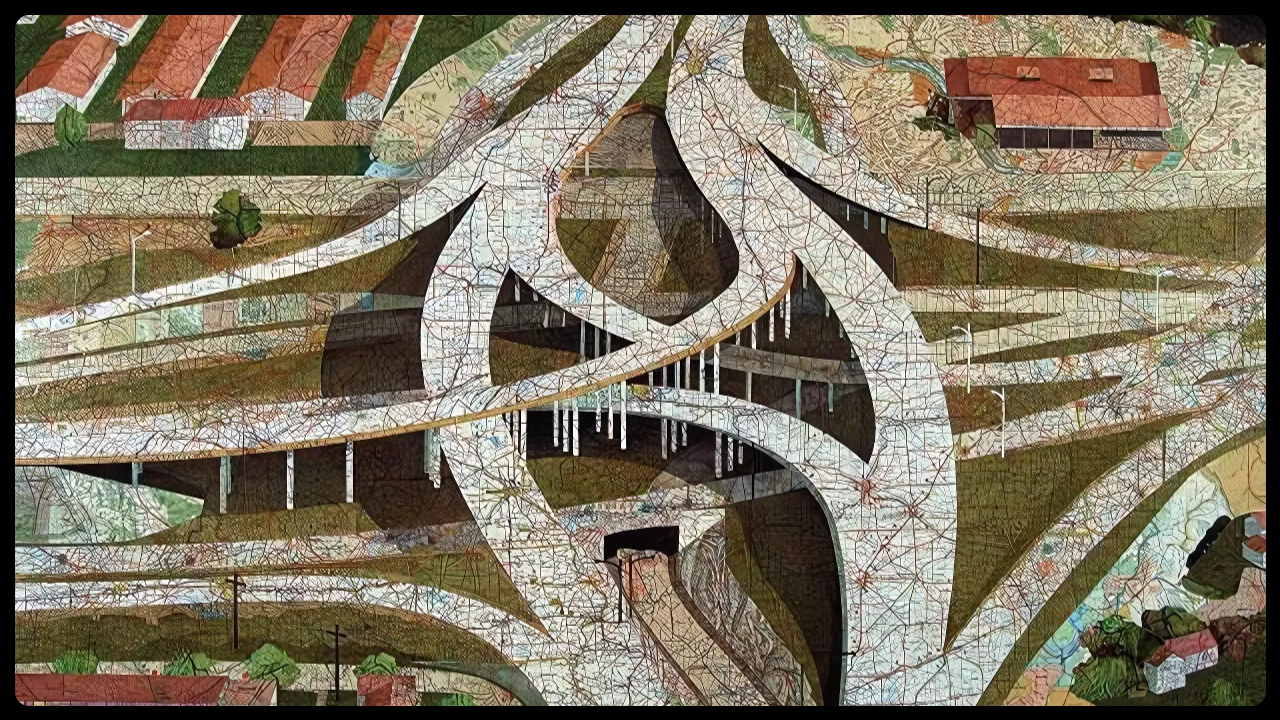
In this issue:
- Nockchain Technical Updates
- Why Nock is the Sweet Spot
- ZODA: Zero-Overhead Data Availability Proofs
- Reservoir Dogs
Nockchain Technical Updates
- Currently testing Nockchain under realistic network conditions
- Choo compilation has been drastically accelerated due to caching of dependencies (see here)
- Found and fixed very long-standing bug in error reporting for Nock crashes
Why Nock is the Sweet Spot
Since the Nock language is not yet widely known, here is some lore and a quick primer on why it's special.
Nock is an extended version of the SK combinator calculus, with opcodes 1 and 2 corresponding to K and S combinators respectively. While these two opcodes alone provide Turing completeness, Nock includes additional opcodes that make programming more practical.
Unlike ruthlessly minimal systems like SK calculus or Iota (with just one operator), Nock strikes a balance. It includes just enough opcodes for human-readable control flow (recursion, incrementing, if-then, variable environment) without falling into the "everything gets an opcode" trap.
This optimization for "mechanical simplicity" means that Nock maximizes effective complexity—roughly, Kolmogorov complexity minus noise—rather than seeking pure minimalism.
To learn more, see the Wikipedia page for SKI combinator calculus, which explicitly mentions Nock.
ZODA: Zero-Overhead Data Availability Proofs
We've taken note of a 2024 paper introducing ZODA, a protocol that can prove at negligible cost that data has been correctly encoded. Developing an interesting line of previous work, this paper is particularly impressive for making non-interactive data availability proofs so efficient.
ZODA works by slightly modifying how data is encoded, adding a small amount of randomness. Then sampled pieces of the encoded data can prove their own correctness. One can verify the entire encoding was done correctly just by looking at a handful of rows and columns.
This differs from existing systems, which require additional encoding work or supplementary data for verification. ZODA requires no trusted setup, is plausibly post-quantum secure, and adds almost no overhead beyond the encoding itself. ZODA could improve blockchain scalability by minimizing the computational and storage costs of proving data availability, without a loss of security.
ZODA: Zero-Overhead Data Availability (2024) by Evans, Mohnblatt, and Angeris
Reservoir Dogs
Why was the Pacific Palisades reservoir offline when the recent fires in LA exploded? Firefighters faced empty hydrants and low water pressure because the 117-million-gallon Santa Ynez Reservoir sat empty "for repairs."
So why was it waiting to be repaired? They emptied it in February due to a broken reservoir cover letting in debris, according to the Los Angeles Times. Then the LA Department of Water paid a contractor $130k to fix it... 11 months ago.

The Professional Managerial Class has been fleecing us for a while. But now they're killing us.
When American infrastructure is fixed and fully up-to-date, constituents will be given proofs that their reservoirs are full beyond a certain extent, clean to a sufficient degree, etc. Better yet, it should one day be feasible for communities to build and manage their own water supplies, but that's a segment for another week.